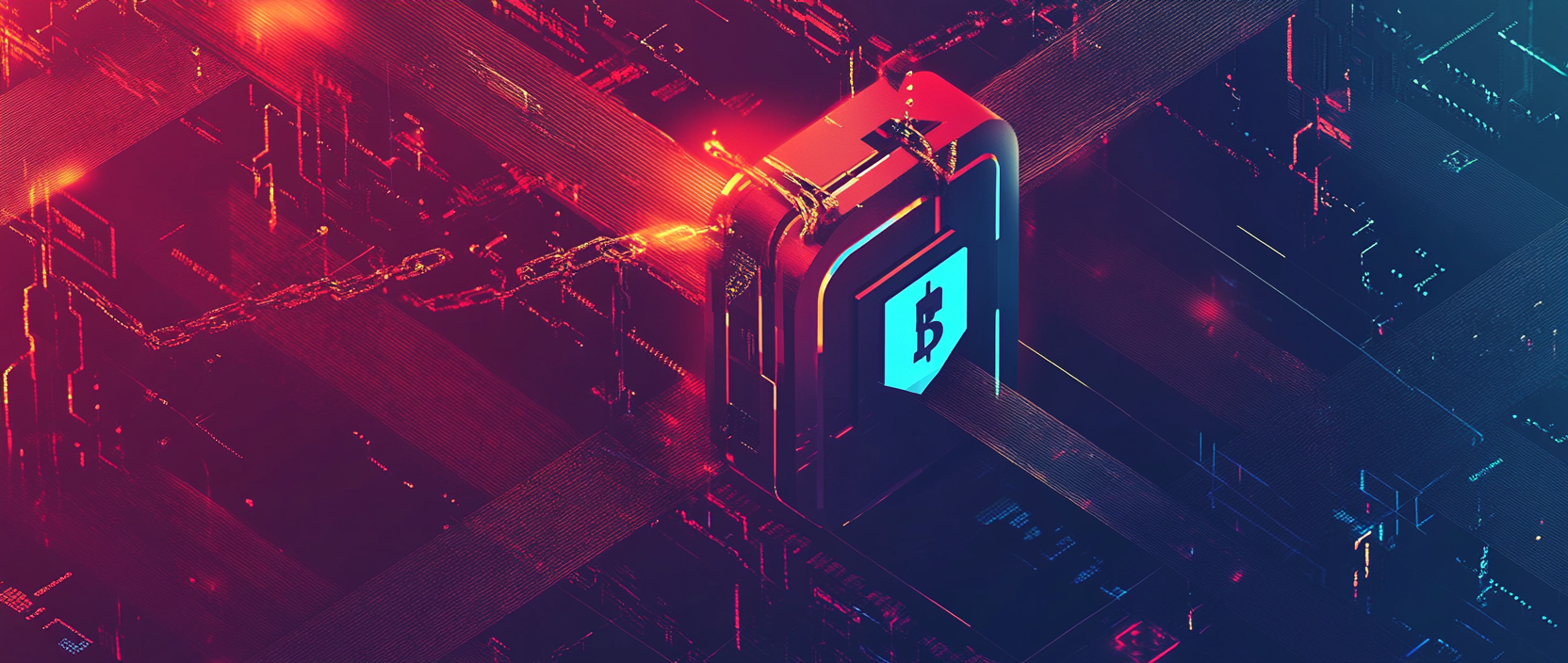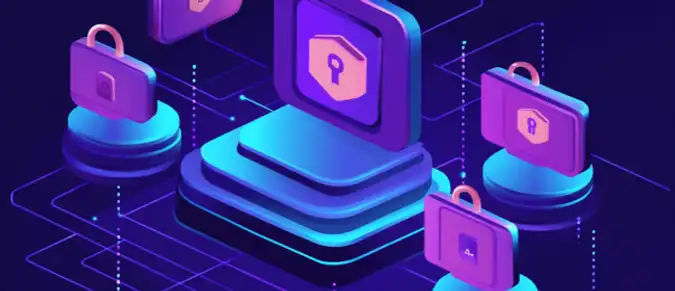Decentralized applications are growing in popularity due to their benefits such as transparency, decentralization, and security. However, as their popularity increases, so does the importance of protecting user data. Privacy in dApps is crucial, as improper data management can lead to leaks or misuse. It's essential to consider the key aspects of data protection in the context of decentralized applications to understand how information security is ensured and how users can protect their data.
Content:
- Key Aspects of Privacy in dApps
- Data Protection Mechanisms in dApps
- Challenges in Ensuring Privacy
- Recommendations for Ensuring Data Security
- Conclusion

Key Aspects of Privacy in dApps
Data privacy in decentralized applications (dApps) is one of the main features that attract users to these platforms. Unlike centralized solutions, where data is often controlled by a single operator, dApps provide users with greater control over their data, minimizing the risks of leakage or misuse. However, decentralization does not always guarantee complete security, which is why protection mechanisms are crucial to minimizing privacy threats.
There are several key aspects that impact data privacy in dApps:
- Decentralized data storage: Information is stored in a distributed network, reducing the risks of a single point of failure.
- Transaction anonymization: Many dApps use mechanisms to conceal users' identities.
- Transparency of operations: All transactions are visible on the blockchain, increasing trust but potentially creating privacy risks.
Data Protection Mechanisms in dApps
There are many methods and technologies used to ensure data privacy in dApps. One such method is the use of smart contracts, which allow transactions to be automatically executed according to preset conditions without the need for third-party involvement. This significantly reduces the risks of manipulation or interference in the data exchange process.
Another important mechanism is the use of encryption, both symmetric and asymmetric, ensuring that data is accessible only to those who have the appropriate decryption key. Additionally, dApps often use various anonymization methods, such as transaction mixing, to prevent tracking and identification of users.
To better understand how different data protection mechanisms work in dApps, the table below describes the main methods and their functions:
| Data Protection Mechanism | Description |
|---|---|
| Encryption | Ensures data protection by encoding it, accessible only with the corresponding key. |
| Smart Contracts | Automatically execute the terms of deals, minimizing third-party interference and manipulation risks. |
| Transaction Anonymization | Conceals user identities, making it difficult to track their activities. |
Challenges in Ensuring Privacy
Despite the presence of various protection mechanisms, there are a number of challenges related to ensuring data privacy in dApps. One of the main challenges is balancing transparency and confidentiality. For example, decentralized applications that provide full transparency of all operations may pose a threat to user privacy, as all transaction information is available on the public blockchain.
Another challenge is the lack of user awareness regarding data protection methods. Although many dApps offer built-in tools to enhance privacy, users are not always aware of how to use them effectively. This can lead to data leaks and subsequent misuse.
Recommendations for Ensuring Data Security
To ensure data security in dApps, users should consider several important aspects. First, it is necessary to choose platforms that offer advanced data protection features, such as the use of smart contracts with encryption and anonymization.
Secondly, users are encouraged to regularly update their knowledge of new data protection methods and technologies to stay informed of the latest threats and ways to prevent them. Thirdly, caution should be exercised when interacting with unknown or unverified dApps, as they may pose a threat to data privacy.
Conclusion
Data privacy in dApps is one of the key issues faced by users and developers. The implementation of effective data protection methods and raising user awareness of potential threats will help create a safe environment for using decentralized applications. However, to achieve complete security, it is necessary to continue developing and improving existing technologies, adapting them to new challenges and threats.



